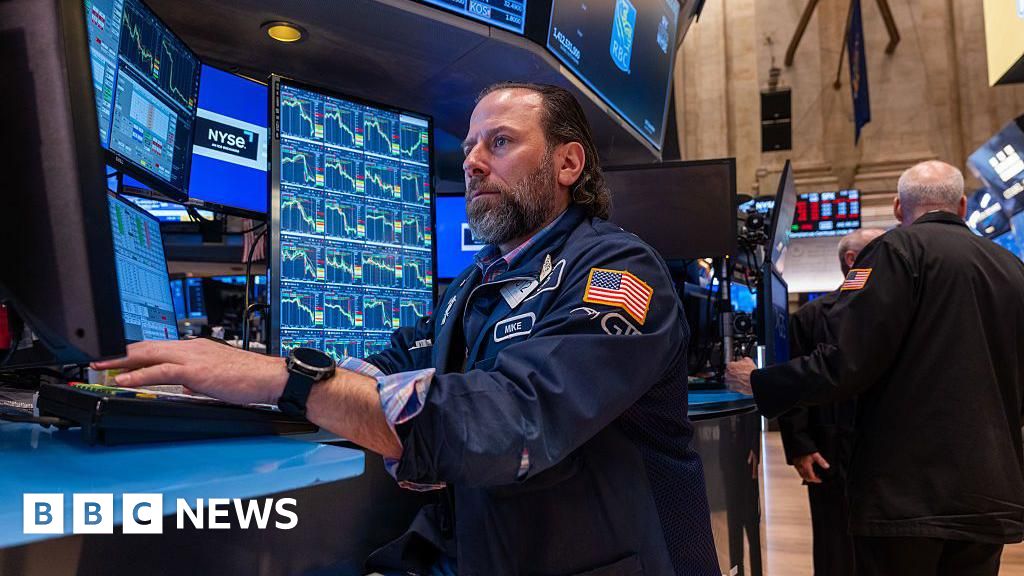
The Rollercoaster Ride of Global Trade: Navigating Uncharted Waters
The past week has witnessed a dramatic downturn in US stock markets, marking the most significant decline since the initial shock of the COVID-19 pandemic. This sharp reversal reflects a growing unease surrounding escalating trade tensions between the US and China, casting a long shadow over global economic stability. The situation, characterized by retaliatory tariffs and increasingly strained diplomatic relations, has sent ripples of uncertainty through financial markets worldwide.
While the US president has attempted to downplay the severity of the situation, citing a robust domestic jobs market, the market’s reaction suggests a more pessimistic outlook. The strength of the US labor market, while undeniably positive, appears insufficient to offset the anxieties generated by the escalating trade war. Investors are clearly concerned about the potential for a prolonged period of trade disruption, which could negatively impact corporate profits, supply chains, and consumer confidence.
The imposition of new tariffs by both sides represents a significant escalation in the conflict. These tariffs, essentially taxes on imported goods, increase the cost of products for consumers and businesses alike. For US companies relying on imported goods from China, these increased costs can significantly impact profitability, potentially leading to reduced investment and job losses. Similarly, Chinese businesses face similar challenges, impacting their ability to compete in global markets.
The ripple effect of this trade conflict extends far beyond the US and China. Global supply chains, intricately woven together over decades, are vulnerable to disruption. Many companies rely on a complex network of suppliers across multiple countries, and any disruption in one part of the chain can have cascading consequences. This vulnerability highlights the interconnectedness of the global economy and underscores the potential for widespread economic hardship if the trade war intensifies.
Beyond the direct economic impacts, the escalating tensions raise significant concerns about geopolitical stability. A prolonged trade war could damage the long-term relationship between the US and China, two of the world’s largest economies. This deterioration in relations could have far-reaching consequences, impacting everything from international cooperation on climate change to efforts to address global health crises.
The market’s volatility reflects a lack of clarity regarding the future trajectory of US-China relations. The absence of a clear path toward de-escalation fuels uncertainty, making it challenging for businesses to make long-term investment decisions. This uncertainty, in turn, contributes to the ongoing market instability.
While the president’s assurances about the domestic job market offer some level of comfort, the broader global economic implications cannot be ignored. The current situation underscores the interconnectedness of the global economy and the potentially devastating consequences of prolonged trade conflicts. A resolution to the current impasse is urgently needed to restore investor confidence and prevent further damage to the global economy. Only through constructive dialogue and a commitment to finding mutually beneficial solutions can the current crisis be averted and a path toward sustainable global growth be secured. The coming weeks will be crucial in determining whether this conflict escalates further or gives way to a more conciliatory approach.



Leave a Reply